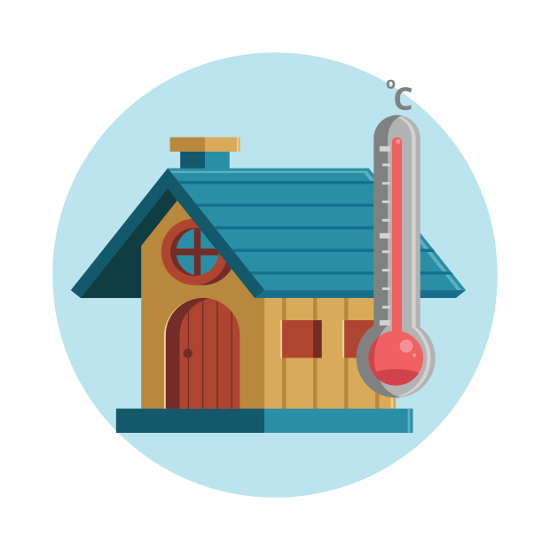Back in 1980s, around eight to ten percent of the United States population were surveyed and labeled as senior citizens. According to data from the last United State Census (taken in 2010), that percentage has grown to a little above twelve percent. That twelve percent accounts for around forty million people living in the United States. They predict that when the last of the baby boomers reach the retirement year (2030), sources predict that the percentage can reach to around twenty percent. With the number of people reaching retirement age increasing daily, the number of those requiring care for senior citizens increases.
With that increase in numbers, more senior individuals are looking for ways to retire with comfort, ease, and reassurance. Many seniors and their families are researching and taking tours of various senior living communities near their location or in places they want to live in. During this period of research and discovery, interested groups ask questions. These questions range from financial coverage to medical assistance available on site to everyday life for community residents. These questions are asked so often that the management and staff can answer them with ease.
Because they know the answers to the most commonly asked questions, interested individuals like yourself (and your family) are likely to only know part of what the community offers. You want to get the best care for senior citizens like yourself and many others. That is why you and your family need to be more unique and creative regarding questions. Consider some of the following questions the next time you and your family take a tour of a senior living community or contact them through the phone or online.
“What are the Most Common Reasons for Availability in the Community?”

Bringing up the subject of residential turnover can give you and your family an idea regarding accommodations and availability. If they answer with a noticeably high level of residential turnover, it would be best to ask for reasons why. Most likely reasons you’ll receive are seniors natural passing, upgrading to newer or upscale residential units offered the community, or individuals moving on to more specific kinds of care for senior citizens (like skilled nursing or memory care specialization).
There are lesser common reasons why there is an increased of availability or turnover like dissatisfied services or financial requirements are out of common reach. If you hear such things from the staff or residents, consider finding a more suitable senior living community elsewhere.
“Does Your Community’s Meal Plan and Food Services Offer Flexibility?”

Senior living residences often serve its residents three meals a day, regardless if they are an assisted or independent living community. Most of these meals are available at set times of the day and are created according to some sort of health and nutritional guideline. While that might work for some people, it might not work for yourself or your loved ones. Some people might eat their breakfast later in the morning than others and others might have special dietary needs.
When the subject of provided meals comes up during the tour or during conversation, ask specific questions that focus on your dietary needs. Ask if the community’s meal planning and food preparatory services have flexibility regarding meal times, portions, dietary needs, etc. If you don’t ask questions or receive the right answers, you or your loved ones might run into a health risk or dissatisfaction that was caused by inflexibility regarding meals and eating.
“Does Your Community Offer Certain a Unique Lifestyles or Care for Senior Citizens?”

An unorthodox question a while ago, but with the population rise of senior citizens comes the rise of senior living communities that cater to certain audiences. Some senior living communities focus on faith-based lifestyles while there are others that cater to those with alternative lifestyles. Some communities won’t inform you up front but they might focus on certain niches like art and theater life. Other communities might offer unique kinds of care like be specialized in holistic medicine, some form of specialized therapy (like speech and language or occupational), or something more common like memory care specialization. Learning about each community’s unique focuses can help you and your family make the right decisions.
“What is the Average Temperature of Your Residential Community?”

While local temperature and climate control isn’t the first question on your mind when searching for a senior living community, it should be brought up at some point. If the senior living community you are interested in is of a singular building with many units, there’s a chance the temperature might be the same throughout the building. That is one factor, but you also have to factor in the local environment outside of the facility (like if the community is in a weather of certain conditions).
Make sure you and/or your loved one won’t be uncomfortable with the indoor and outdoor climates. If left unchecked, it can lead to health issues ranging from heat stroke to hypothermia. Luckily, most rooms and residential units have their own air conditioning and heating controls, so indoor living can be within one’s own control
Asking unique questions can be a way to know more about a community you’re interested in and see how prepared the staff are. If they are able to answer your more unique questions, it means they are prepared and are looking out for you and your loved one’s safety. If you still have more questions regarding care for senior citizens like yourself or your parents, consider taking the Smart Choices Tool. It can help determine what kind of senior living care is best for you or your loved ones.




